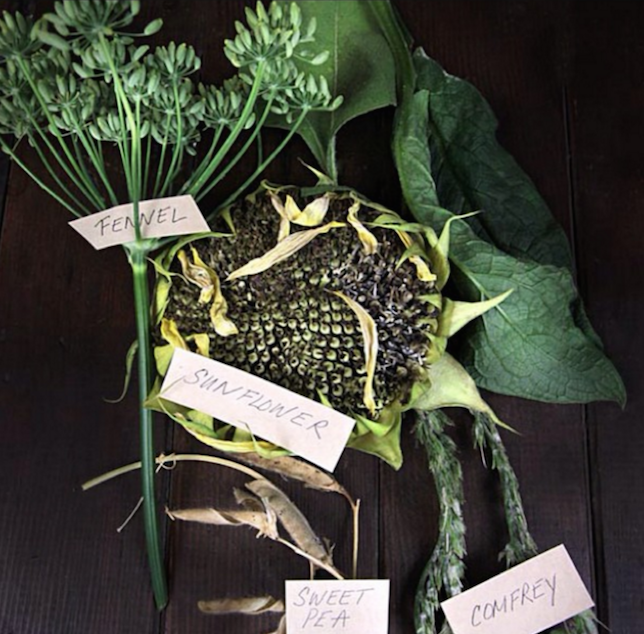
17 Sep Fasting & Breast Cancer Recurrence
Among different types of cancer, breast cancer is the leading cause of cancer death among women in developing countries and the second leading cause of cancer mortality in the developed world. Statistics from 2012 show that, in the US, 224,147 women and 2,125 men received a breast cancer diagnosis, and 41,150 women and 405 men lost their lives to the illness.
Cancer patients are faced with an alarming array of treatment options and strategies to prevent recurrence: everything from the standard of care involving surgery, chemotherapy and/or radiation, to unscrupulous snake oil salesmen preying on people’s fears and marketing unfounded miracle supplements and “cleansing” programs. The unfortunate reality—at least for the time being—is that there are no silver bullets for cancer.
That being said, there are strategies based in exploiting biochemical and physiological mechanisms that may have at least some power in chipping away at the beast that is cancer—particularly the recurrence of cancer. A study published in the Journal of the American Medical Association Oncology explored the relationship between the duration of nightly fasting and cancer recurrence and mortality among women with early-stage breast cancer. The authors concluded, “Prolonging the length of the nightly fasting interval may be a simple, nonpharmacologic strategy for reducing the risk of breast cancer recurrence.”
Fasting—an age-old concept—is receiving renewed interest in the functional medicine and ancestral health communities. Our hunter-gatherer genotypes seem to be wired for “feast and famine,” rather than feast, feast, feast, wherein 24-hour access to avalanches of refined carbohydrates and vegetable oils may be a contributing factor to many of the chronic illnesses millions of people face in the modern world. Cancer is a sly, wily force that outwits nearly every treatment thrown at it. It’s possible that metabolic therapies—including fasting—could be an additional tool in the arsenal against this multi-headed hydra.
The majority of cancer cells exhibit the physiological hallmark of mitochondrial dysfunction. Many cancer cells lose the ability to effectively metabolize fatty acids and ketones, and are therefore dependent on a steady supply of glucose. Thus, interventions that lower blood glucose and help to support healthy glycemic control and insulin signaling may have an inhibitory effect on the growth of cancer. Low-carbohydrate diets may have an especially helpful role in cancer management and possibly prevention. This has profound implications for dietary recommendations given to cancer patients—particularly when patients are often advised to eat anything and everything they can in order to keep weight on, and they are encouraged to consume commercially available shakes that are extremely high in sugar and vegetable oils. Due to the link between elevated blood glucose and cancer recurrence and prognosis, some oncologists have begun to question the validity of current dietary recommendations, which typically echo mainstream advice for individuals without cancer: namely, a high carbohydrate, low fat diet.
In addition to limiting dietary carbohydrate, there are lifestyle interventions that contribute to improved glycemic control, among which are good quality and quantity of sleep, and intermittent fasting. In the JAMA Oncology study, among non-diabetic women with breast cancer who were diagnosed at between age 27 to 70, fasting for less than 13 hours per night was associated with an increase in the risk for breast cancer recurrence compared with fasting 13 or more hours per night. However, fasting less than 13 hours was not associated with a statistically significant higher risk of breast cancer or all-cause mortality. Further analysis showed that each 2-hour increase in the duration of nightly fasting was associated with a longer duration of sleep and significantly lower hemoglobin A1c. This is noteworthy because there is a strong association between elevated A1c and risk for all cancers, except that of the liver. This is true even for A1c measurements below the diabetic range.
This data echoes similar findings from other studies. For example, each 3-hour increase in nighttime fasting duration has been found to be associated with a 4% lower 2-hour glucose measurement and roughly 20% reduced odds for elevated HbA1c. While more hard data is needed, researchers suggested that improved glycemic control due to prolonged overnight fasting could reduce breast cancer risk.
To the extent that prolonging the amount of time an individual experiences relatively low (but not hypoglycemic) blood glucose levels, intermittent fasting may indeed be an additional helpful method in what must ultimately be a multi-faceted strategy to reduce the risk for cancer recurrence. Extending the overnight fast—that is, the time between dinner (or a nighttime snack) and breakfast the following morning, as well as possibly increasing sleep time—is one of the most convenient ways to accomplish this.

